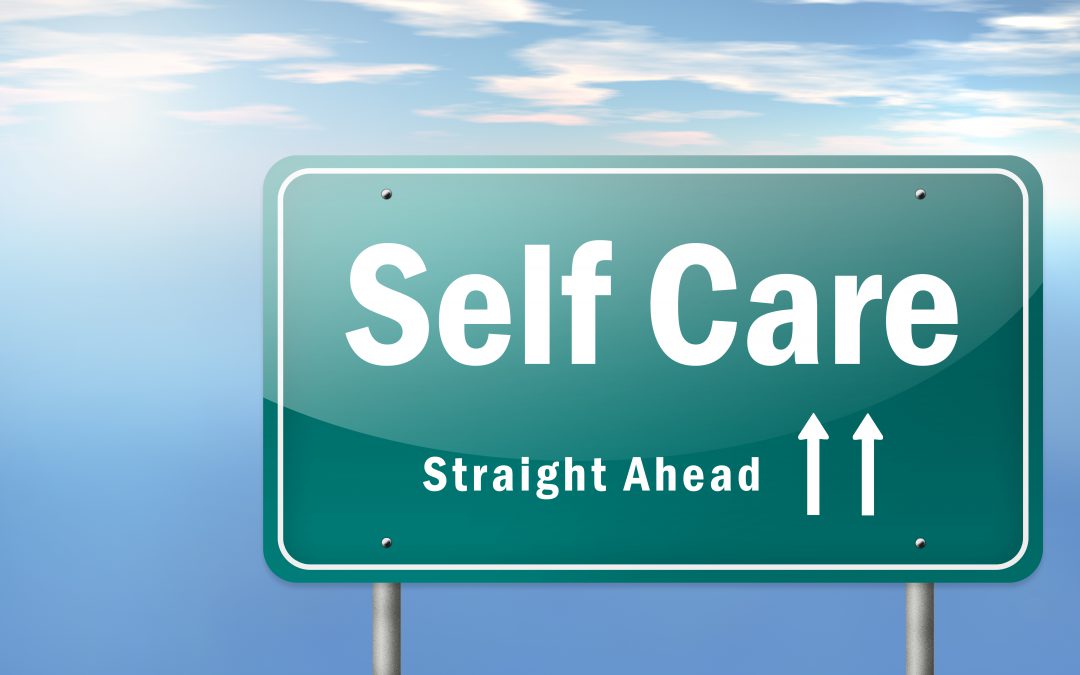
Forgiveness, Grace, and Justice Go Together
Figuring out how we can safely extend forgiveness and grace while maintaining boundaries can be a challenge in every relationship.

Figuring out how we can safely extend forgiveness and grace while maintaining boundaries can be a challenge in every relationship.

We take a look at the universal question for all Christians: Why does God let bad things happen to good people? Am I cursed? Or is there another reason?

Martin Luther lived with depressive episodes through most of his adult life, and some even argue that he likely had bipolar disorder. He also changed the world.

When we rely solely on the Bible and prayer, we deny that God gave us all of his creation for our use. Our supernatural God uses ordinary means to heal us.

Belonging and participating in community is so important to our mental health. When we are in community, we have a sense oCommunity gives us a sense of belonging and also teaches us how to give and receive love and care. Locating and joining one is important for our recovery.f belonging and importance. Our very presence and participation grants the same to others. In the giving, sharing, and receiving, we create something larger than ourselves.

Meditation. It’s one of those words that brings up instant reactions for most people. For many, it brings with it a sense of spacey-sounding music and chanting. For others, there is an association with religion — particularly Taoist and “Eastern” philosophies. In reality, meditation is simply the practice of being still.

When we think about changing our minds and how we think, we often think of the perfectionism or fears we live with, and focus on how to get rid of them. The apostle Paul challenges us to think differently, to think of changing our minds as part of the process of putting on our “new self.” One practical way to do this is challenging our Thinking Distortions.

Even when we know the importance of putting together a good self-care plan, it can feel overwhelming to do. Four pillars? Each pillar has multiple pieces? The heart races and the breathing gets shorter. Let’s slow it down and tackle this process – together.

While treatment plans come in all shapes and sizes, there are four pillars that form the foundation of every self-care plan. Creating a self-care plan that addresses our physical, mental, spiritual, and relational needs is a key step in our recovery process. No two plans look the same, nor could they.

God uses medications to bring about supernatural recoveries. The proof? Hezekiah and the fig poultice.

The Christian community has much to offer those of us living with a mental illness. Unfortunately, three common Christian myths often hold us back.